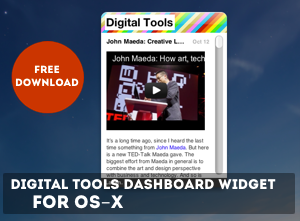
Screenshot of Bookr for PSP
I have never seen any homebrew application that was more straightforward than Bookr. It’s an application for reading pdf-files with the PSP on the go. To get things running just copy the application files into the root of your application folder via USB, copy the pdf files too, and you’re done!
Bookr supports pdf files and plain text files. You can zoom the contents, flip the pages and browse embedded pictures – everything is rendered very accurate – and it saves bookmarks. Reading eBooks on the PSP was never easier. The app itself has a very nice and functional eye-candy interface, where you can tweak and customize to the most important and usable features. Easy, robust, comfortable and stable. Nothing more, nothing less. Very balaced work. Unfortunatelly they have no website yet. The download is located at Sourceforge.
The application was made by written by Carlos Carrasco Martinez and Edward Choh, they used for the implementation a thing called mupdf.







